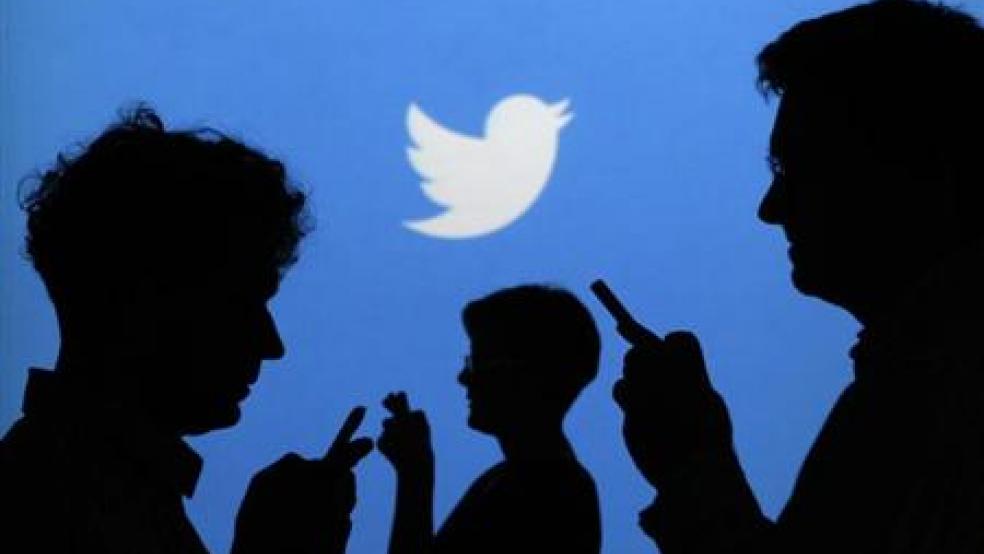Bobby Jindal seems like a perfectly good guy. He probably even sorts his recycling.
To say he’s politically unpopular, though, would be an understatement. As governor of Louisiana, he is currently sitting on a 31% approval rating, according to a recent poll. He has come under fire for endorsing the controversial Tom Cotton letter to Iran, has reportedly turned the $1.1 billion surplus that he inherited when he took over as governor into a massive deficit, and has faced repeated criticism for his opposition to same-sex marriages. His staunch adherence to fundamentalist Christian doctrine has many people saying he is anti-science.
Currently, a Facebook group entitled “Can This Crawfish Get More Likes Than Bobby Jindal” has over 24,000 likes and is gaining rapidly, getting closer and closer to its stated goal.
Related: The NY Times Just Made Rubio the Hero of the Struggling Middle Class
The point is, he’s a controversial figure. So when some hip young thing at a Jindal-supporting PAC came up with the bright idea earlier this week of having the politician answer a smattering of questions on Twitter from the public at large, it went pretty much how you’d expect.
From barbed questions that poked fun at his controversial positions on evolution and women’s rights…
When people rode dinosaurs, did women do it side-saddle? #AskBobby
— Brynn Tannehill (@BrynnTannehill) July 1, 2015
To criticism of his handling of the Louisiana economy…
If you're going to spend 5 days a week in Iowa can we put the gov mansion on AirBnB & make up some of the deficit you've created? #AskBobby
— Larry (@LarryLarmeu) June 30, 2015
To 100% pure, uncut, trolling…
.@BobbyJindal how did they fit T-Rex on the Ark? #AskBobby
— Zack Kopplin (@ZackKopplin) June 30, 2015
When the dust eventually settled, not a single serious question had been answered and Jindal was nowhere to be found. It’s hard not to feel bad for him, and even worse for that hapless social media manager:
.@BobbyJindal Who on your team thought a Twitter Q&A wouldn’t open your awful ideas to mockery, and when will you fire them? #AskBobby
— Phil Plait (@BadAstronomer) June 30, 2015
Ever since Barack Obama successfully courted the youth vote back in 2008 through (in part) clever leveraging of social media, and with Hillary’s continued success in that regard, other candidates on both sides of the political fence have sought to do the same. Some of these efforts have had mixed success. Many have backfired horribly.
Jindal’s brutal yet hilarious public flogging came hot on the heels of a similar hashtag assault that occurred last week, only this time to Gov. Chris Christie’s awkwardly-named #TellingItLikeItIs campaign. The hashtag, created to commemorate Christie’s candidacy, was quickly beset upon by critics, who slammed his views on women’s rights and his state’s employment statistics, and, of course, brought up Bridgegate.
Related: How the Clinton Scandals Can Bring Down the Democrats
Before Christie, there was Ted Cruz, whose warm-up to a candidacy announcement was swiftly derailed by a parody hashtag, #TedCruzCampaignSlogans.
Before Cruz, someone else was probably being lambasted. It’s Twitters all the way down.
The public pillorying of Republican candidates on Twitter has almost become a rite of passage, from Rick Santorum to Rand Paul. The Internet, aside from holdouts like Drudge, The Blaze, and Youtube’s comments section, is vastly left-leaning, and the prominence of widely-followed vocal and progressive voices on Twitter serves to further push the dialogue towards the left. While not necessarily a bad thing in and of itself, it tends to foster an environment where any conservative who pokes his head up suddenly looks a lot like a whack-a-mole.
Plus, it’s Twitter. The character count is as limited as its users’ attention spans, making it especially vulnerable to these kinds of punch-ups. The 140-character limit doesn’t favor fence-sitting or a reasoned argument, rather, the Twitter hive mind rewards punchiness and brevity.
Related: 10 Biggest Tech Flops of the Century
Favorites and retweets are delivered only to issuances that shock, that surprise, that inspire either guilty giggles or pitchfork-grabbing outrage. If the silly tempests that erupt every week have shown us anything, it’s that the venerable social network is no place for nuanced discussion.
Of course, politicians tend to inspire a lot more vitriol than other notable figures, and they also have more to lose. When Guy Fieri takes some flak on a hashtag, people are still buying tickets to Flavor Town – and it’s free press, after all. When it happens to a politician like Jindal, it’s an egg-on-the-face embarrassment that costs votes.
And trolls aren’t necessarily selective of their targets – once a trend is established, they all go for it. Recently, President Obama learned this lesson after opening his @POTUS Twitter account – an account which, ostensibly, is owned and operated by the man himself rather than a faceless team of staffers. This, in turn, means that everything said on the account becomes a matter of public record, a fact not lost on the mass of trolls that descended upon his profile to request obscene sexual favors (warning: the link contains language that is very, very, very NSFW).
Maybe, at some point in the future, controversial congressmen and candidates can solicit questions online without being beset by memes, jokes, and abuse. That future looks a long way off, though. And perhaps that’s how it should be.
Top Reads From The Fiscal Times:


